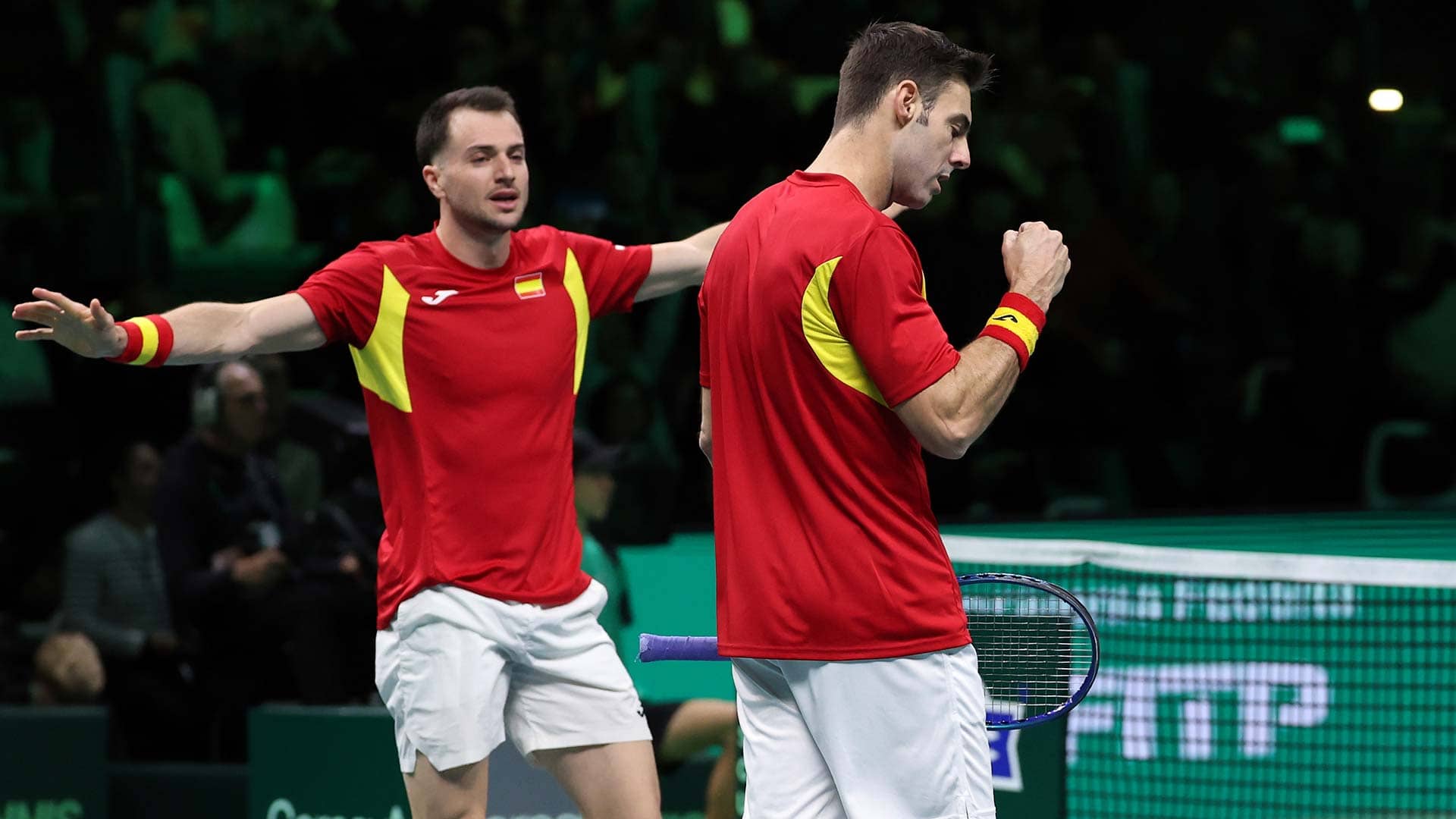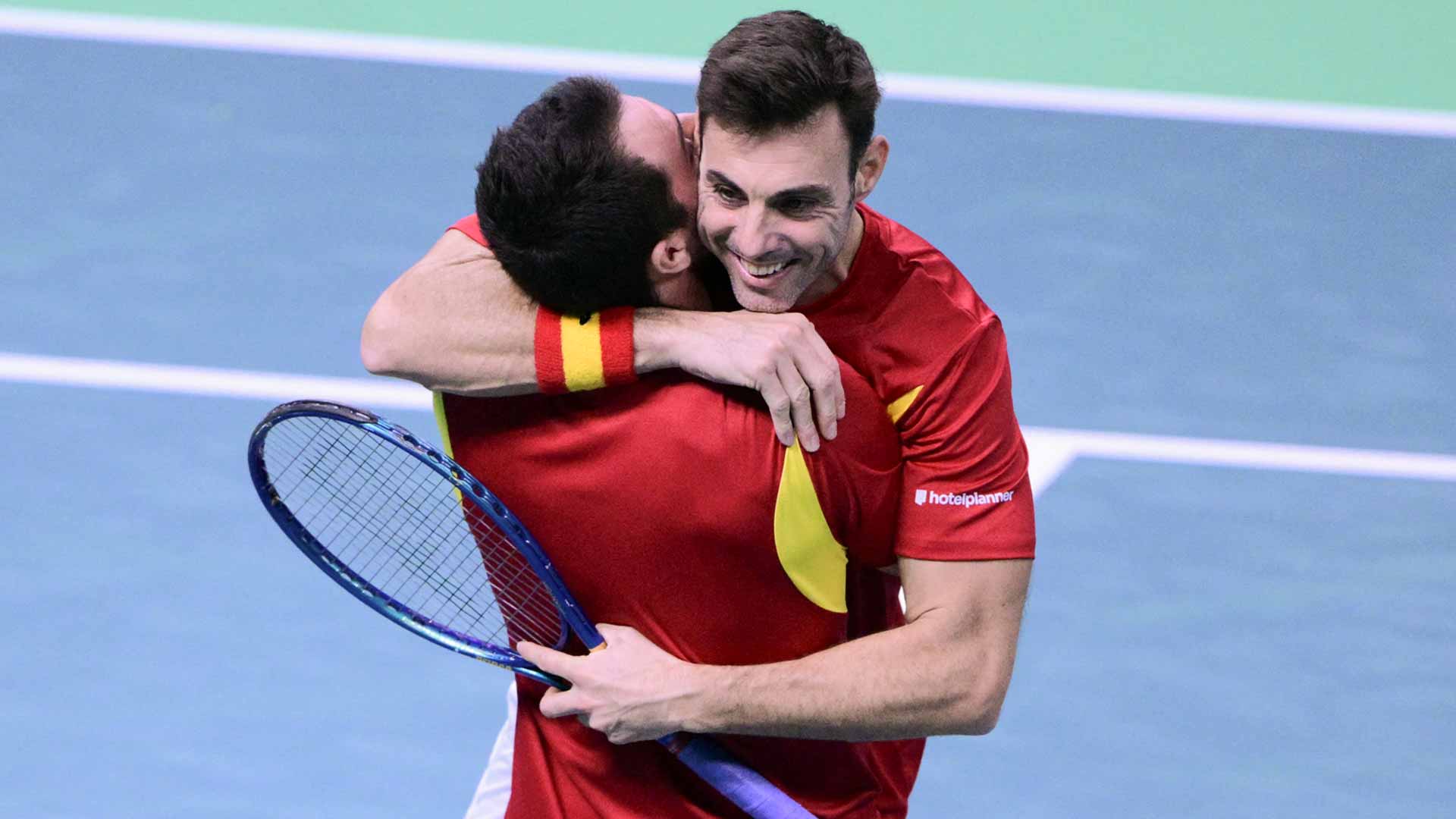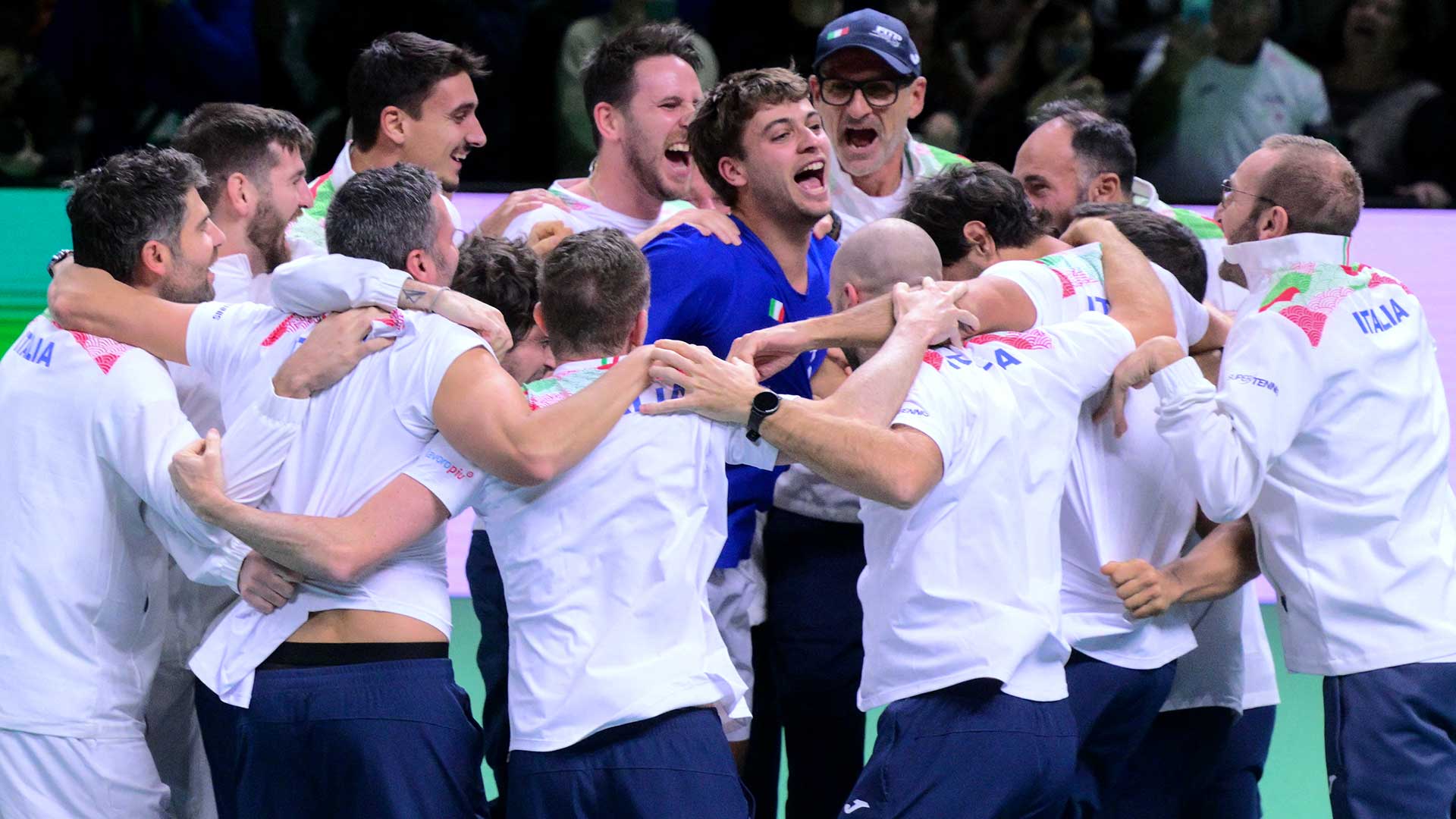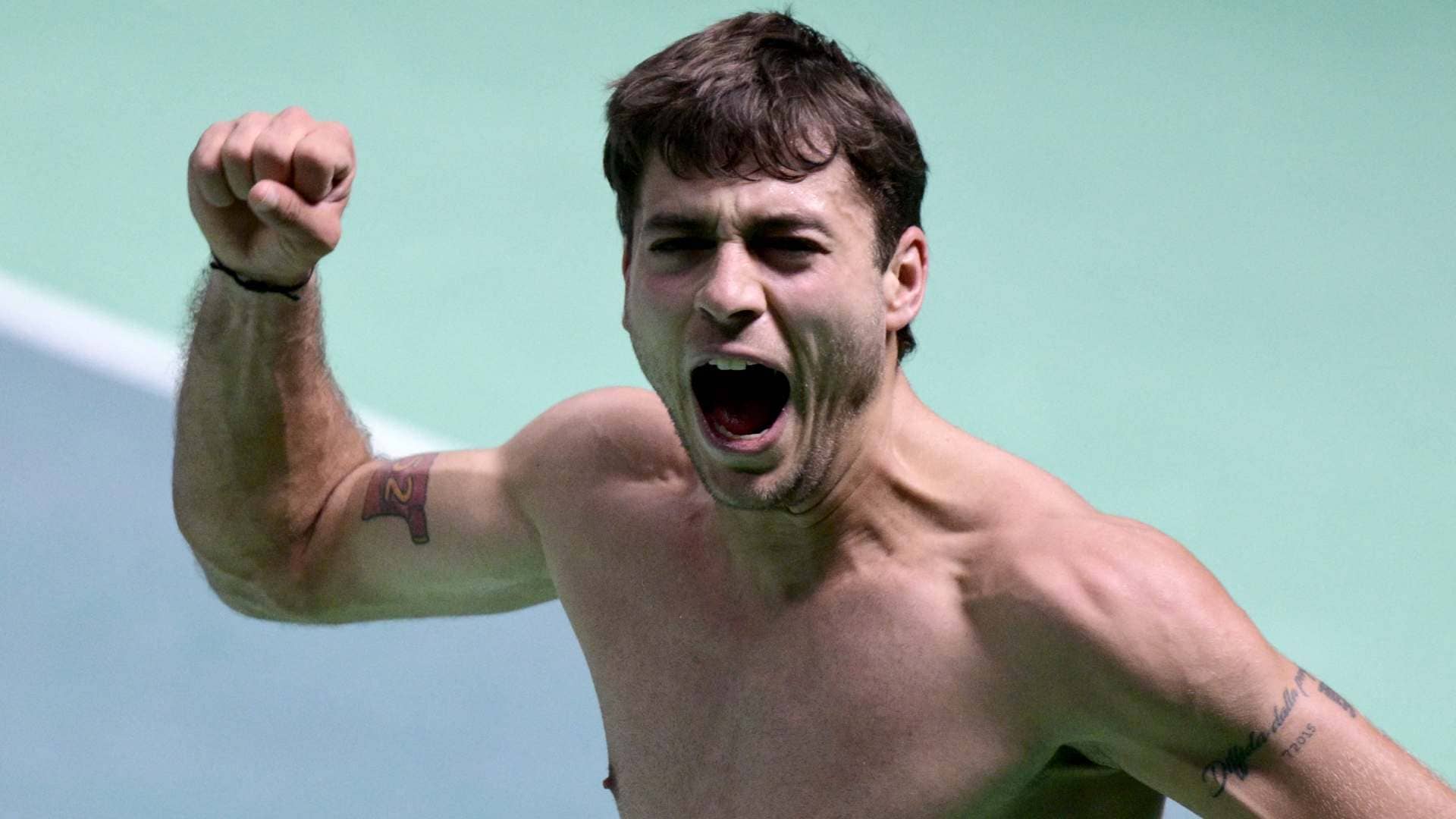Spain clinches Davis Cup final spot in Bologna thriller
Amid the roar of Bologna’s arena, Spain’s doubles pair turned the semifinal tide, overcoming Germany’s resistance to secure a showdown with Italy.

In the charged atmosphere of Bologna’s Unipol Arena, Marcel Granollers and Pedro Martinez propelled Spain into the title match at the Davis Cup Finals with a gritty 6-2, 3-6, 6-3 victory in the deciding doubles rubber over Germany’s Kevin Krawietz and Tim Puetz. The win came after a day of swinging fortunes, where Spain’s depth and resolve outlasted their opponents’ power on the indoor hard courts. This triumph marks Spain’s return to the final since their 2019 championship, setting up a clash with two-time defending champions Italy on Sunday.
Carreño Busta forges initial advantage
Pablo Carreno Busta kicked off the semifinal by edging Jan-Lennard Struff 6-4, 7-6(6) in one hour and 46 minutes, giving Spain a vital lead. He saved five consecutive set points in the second set, then rallied from 1/6 down in the tiebreak with sharp crosscourt forehands that exploited the surface’s speed. That resilience against Struff’s aggressive baseline attacks built momentum for the Spanish side, easing the weight of national expectations early.
The indoor hard courts favored Carreño Busta’s flatter shots, allowing him to redirect power without yielding ground. By varying depths and incorporating occasional underspin, he disrupted his opponent’s rhythm, turning potential breaks into holds that kept the crowd on edge.
Zverev evens the tie with dominance
Alexander Zverev leveled the score for Germany, defeating Jaume Munar 7-6(2), 7-6(5) while blasting 32 winners, including 13 aces. The No. 3 in the PIF ATP Rankings relied on his serve to dictate short points, targeting Munar’s backhand with down-the-line placement that limited return aggression. Though his effort ended his season on a 57-25 record, it couldn’t prevent the doubles decider.
Munar extended rallies with scrambling defense and inside-out forehands, testing Zverev’s consistency under the arena’s pulsing energy. The German’s one–two combinations of serve and forehand, however, proved impenetrable, heightening the tension as the tie hung in balance.
Granollers and Martinez deliver under pressure
With the semifinal on the line, Granollers and Martinez surged through the first set 6-2 using aggressive net approaches and precise volleys that neutralized the Germans’ returns. Germany fought back to take the second 6-3 by stretching points crosscourt, but the Spaniards reset in the third, holding firm at 5-3, 30/40 with a clutch underspin lob followed by a down-the-line pass. Victory arrived on their first match point via a crosscourt return winner, igniting jubilant celebrations among the Spanish team.
The duo’s partnership thrived on the hard court’s pace, blending Martinez’s steady baseline play with Granollers’ volleying to vary patterns and exploit gaps. This tactical adaptability not only relieved the day’s emotional strain but positioned Spain to channel their momentum into the final, where every point against Italy will test their championship mettle once more.


